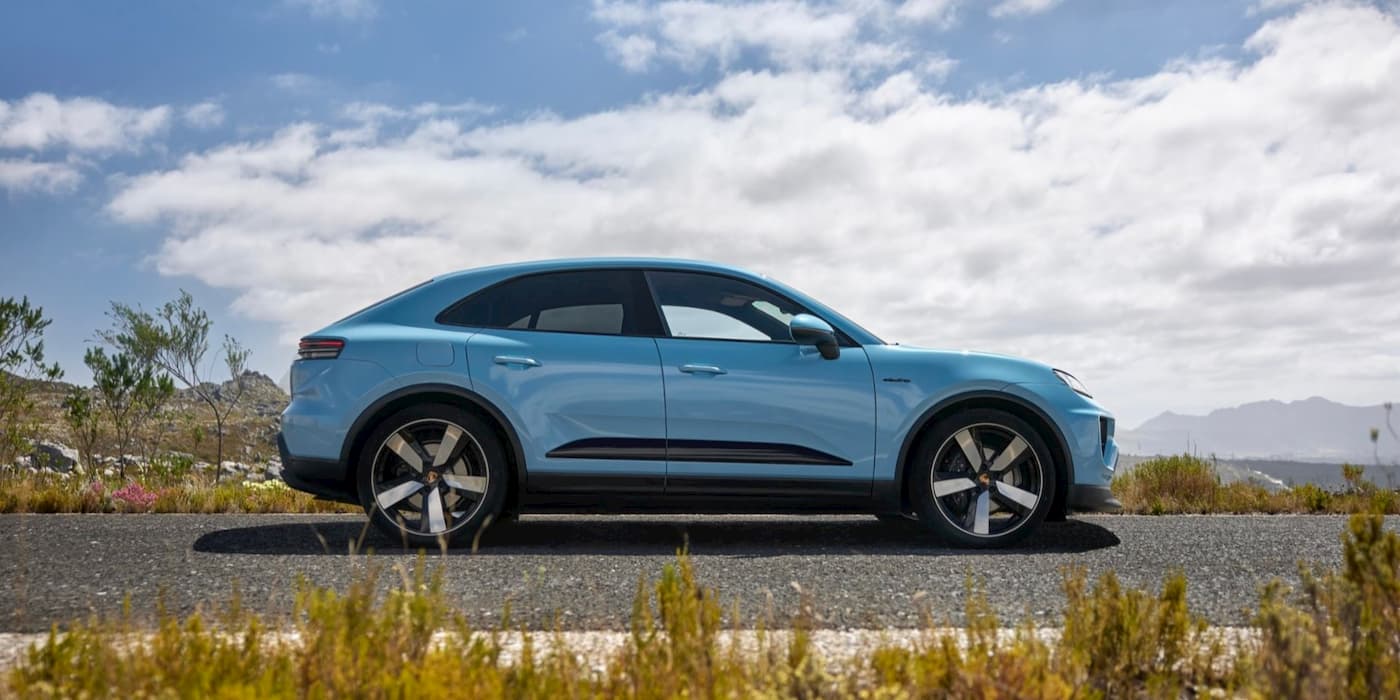
Yet another big name in auto is pulling back on its EV plans, blaming slower than expected demand for electric vehicles.
Porsche drops in-house EV battery plans
Volkswagen’s luxury sports car brand, Porsche, announced this week that it no longer plans to build EV batteries in-house.
Cellforce, Porsche’s high-performance EV battery company, will shrink and only focus on research and development, rather than production.
In a statement, Porsche blamed “the slower ramp-up” of EVs and “challenging market conditions” in its biggest markets, the US and China, for the changes.
CEO Oliver Blume, confirmed the news, saying “For volume reasons and a lack of economies of scale, Porsche is no longer pursuing its own production of battery cells.” The staff reductions, will be handled in “a socially responsible matter,” Porsche said. Volkswagen’s battery unit, PowerCo, will take on several former employees.
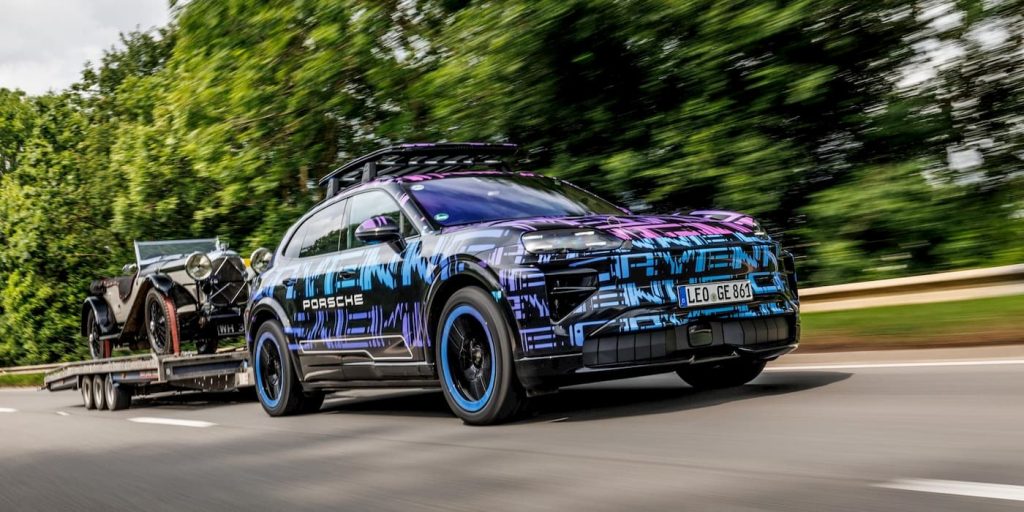
Porsche plans to continue to continue offering internal combustion engine (ICE), hybrid, and all-electric options across every segment “well into the 2030s.”
Following the Taycan and Macan Electric, Porsche is still planning to launch the all-electric Cayenne and 718 models. The German automaker promises future models will still “bring trend-setting technologies in electromobility into series production.”

A separate report from German magazine WirtschaftsWoche claimed on Wednesday that Porsche is on the hunt for a new CEO to replace Oliver Blume.
German automaker Opel drops EV commitment plans
Porsche isn’t the only German automaker adjusting EV plans. Opel is one of the many brands under the Stellantis Group, alongside Jeep, Ram, Peugeot, Citroën, Fiat, and several others.
Although it was one of the many automakers to commit to offering an all-electric lineup, it’s now backing off its promise.
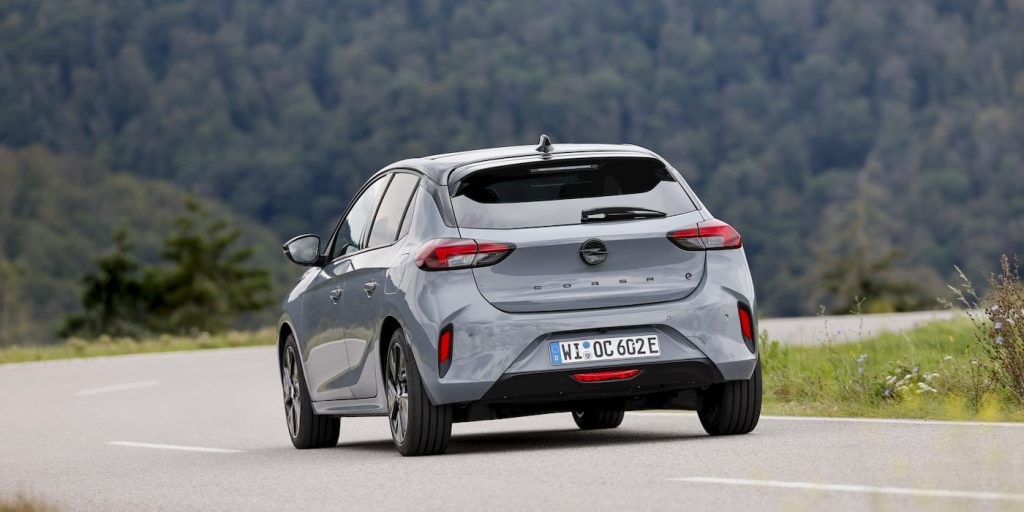
During Stellantis’ EV Day in 2021, Opel announced its intention to transition to all-electric vehicles by 2028, accompanied by a slate of new models. Former CEO Michael Lohscheller, now chief executive at Polestar, said, “As of 2028, Opel will only offer electric cars in our core market Europe.”
On Monday, the German auto giant abandoned its plans for an all-EV lineup, saying it will continue to focus on its current “multi-energy” strategy.
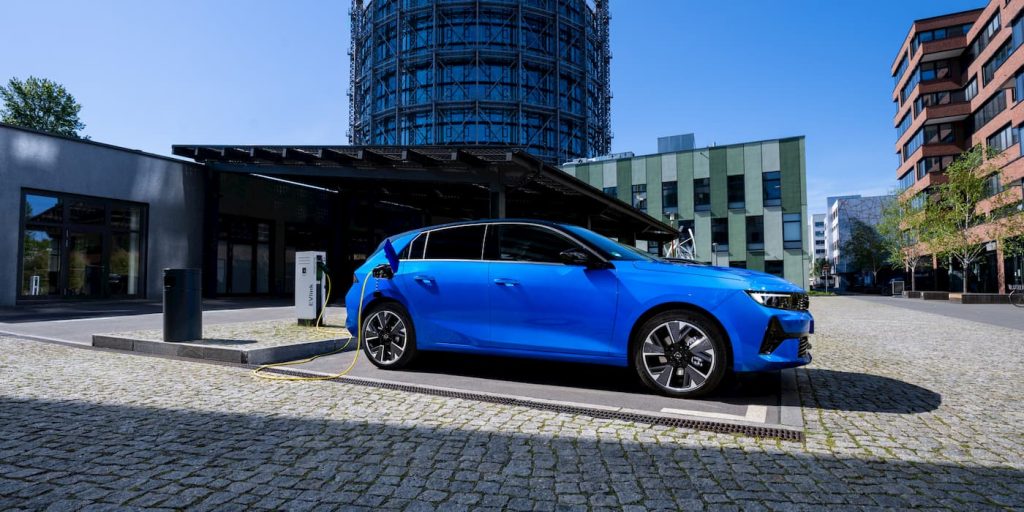
Opel is the first German auto brand to offer a fully electrified model for every vehicle in its lineup, including electric (EVs), plug-in (PHEVs), and even internal combustion engine (ICE) vehicles.
In response to media reports claiming it has changed its strategy, the company said in a statement, “This does not have to be limited to 2028 if the demand side requires otherwise.”
Although the company will continue to focus on EVs in specific regions, like the UK, France, and Germany, it will also offer other powertrain options based on demand.
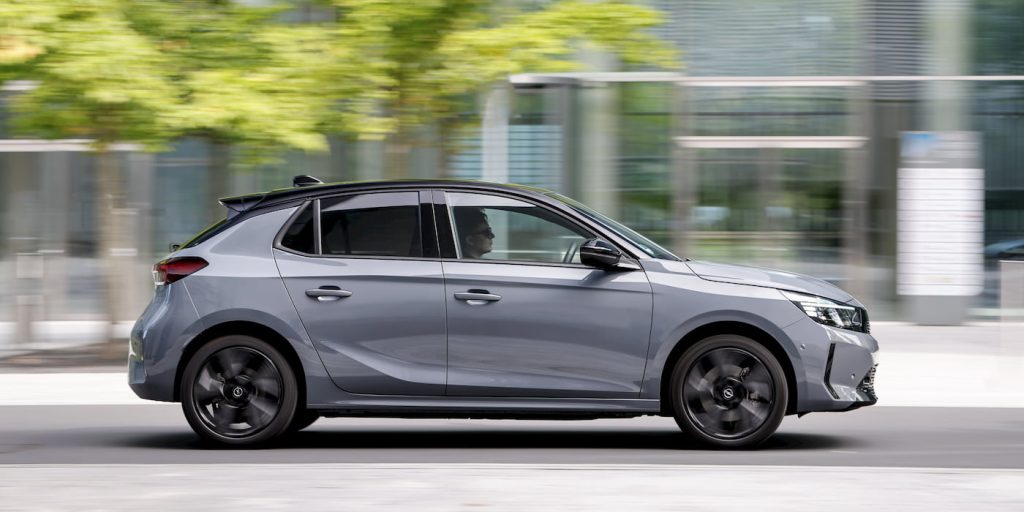
Opel, alongside British sister company Vauxhall, is one of the top-selling brands in Europe. In Germany and the UK, Opel and Vauxhall ranked first in the ever-expanding B-hatch segment through the first half of the year.
The German auto giant becomes the latest brand to scale back EV plans or shift to hybrids, following Volvo, Volkswagen, Mercedes-Benz, Audi, BMW, and others.
FTC: We use income earning auto affiliate links. More.













